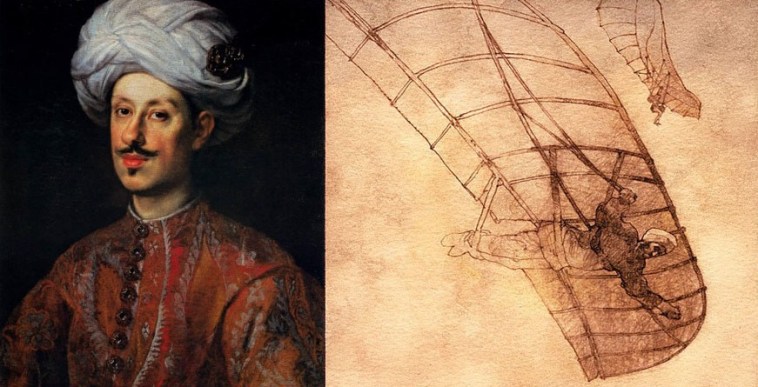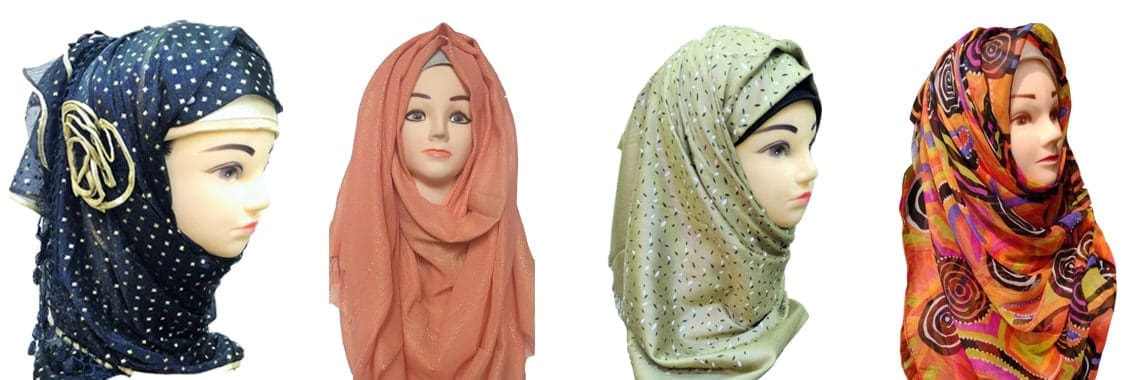7 Things That We Use Every Day That Are Invented by Muslims
Along with the first university, and even the toothbrush, there are thousands of surprising Muslim inventions that have shaped the world in which we live today. Here are just seven of them.
Coffee
More than twelve hundred years ago, an Arab named Khalid, discovered this simple, yet life-changing substance. As his goats grazed on the Ethiopian slopes, he noticed they had become lively and excited after eating a particular berry. Instead of just eating the berries they were taken and boiled to create “al-qahwa”.Clocks
An ingenious man called al-Jazari from Diyarbakir in South-East Turkey was a pious Muslim and a highly skilled engineer who gave birth to the concept of automatic machines. By 1206, al-Jazari had made numerous clocks of all shapes and sizes. Just as we need time today to structure our lives, so did Muslims over seven hundred years ago: knowing when to pray at the right time each day and announce the call to prayer in mosques.

Universities
In the Quran, we are urged to seek knowledge, and to observe and reflect. So Fatima al-Fihri, a devout and pious young woman, at al-Qarawiyin in Fez developed a place for religious instruction and political discussion. It gradually extended its education to all subjects, particularly the natural sciences, and so it earned its name as one of the first universities in history. Apart from astronomy, there were studies of the Quran and theology, of law, rhetoric, prose and verse writing, logic, arithmetic, geography and medicine.
Flying machine
Abbas ibn Firnas was the first person to make a real attempt to construct a flying machine and actually fly. In the 9th century he designed a winged apparatus which roughly resembled a bird costume. In his most famous trial, near Cordoba in Spain, Firnas flew upward for a few moments, before plummiting to the ground and partially breaking his back. His designs would have undoubtedly been an inspiration for the famous Italian artist and inventor Leonardo da Vinci some six hundred years later.

Surgical instruments
If we journeyed back into the 10th century, we could look over the shoulder of a cutting-edge surgion called Abul Qasim Khalaf ibn al-Abbad al-Zahrawi, a man known in the West as Abulcasis. He wrote al-Tadrif, his medical encyclopedia which included a treatise called “On Surgery”. This held a staggering collection of over two hundred surgical tools. This was the first treatise in the history of medicine to illustrate the use of surgical instruments. In fact, their design was so accurate that they have had only a few changes in a millennium. It was these illustrations that laid the foundations for surgery in Europe.
Maps
Maps have helped people find their way for about 3,500 years, the earliest ones being on clay tablets. The introduction of paper was a huge leap forward in the art of map making. The bug of traveling had bitten the 7th century Muslims, and they soon began to leave their homes for trade and for religious reasons, to explore the world they lived in. When they returned they gave accounts of the ways they had trodden and the people and sights they had encountered. First this was by word of mouth, but with the introduction of paper in Baghdad in the 8th century, the first maps and travel guides could be produced.

Algebra
The word “algebra” comes from the title of a Persian mathematician’s famous 9th century treatise “Kitab al-Jabr Wa l-Mugabala” which roughly translates into “The Book of Reasoning and Balancing”. Al-Khwarizmi introduces the beginnings of the algebra. It’s important to understand just how significant this new idea was. In fact, it was a revolutionary move away from the Greek concept of mathematics, which was essentially based on geometry. The same mathematician, Al-Khwarizmi, was also the first to introduce the concept of raising a number to a power.

 Hijabs, Scarfs online- Upto 35% Off
Hijabs, Scarfs online- Upto 35% Off

 Shiddat- Islamic online shopping for Abayas, Kaftans, Hijabs, Under Hijabs, Kurtas, Pathani suits, Pyjamas, Azan clocks, watches, Islamic books- Upto 35% Off
Shiddat- Islamic online shopping for Abayas, Kaftans, Hijabs, Under Hijabs, Kurtas, Pathani suits, Pyjamas, Azan clocks, watches, Islamic books- Upto 35% Off
There are 1.8 billion Muslim people worldwide and an estimated 3.45 million Muslims living in the United States. Islam is currently the second largest religion in the world next to Christianity. Despite the fact that there are so many Muslims in the world, in many places there is a lack of understanding truth about muslims people and Islam.
ReplyDelete